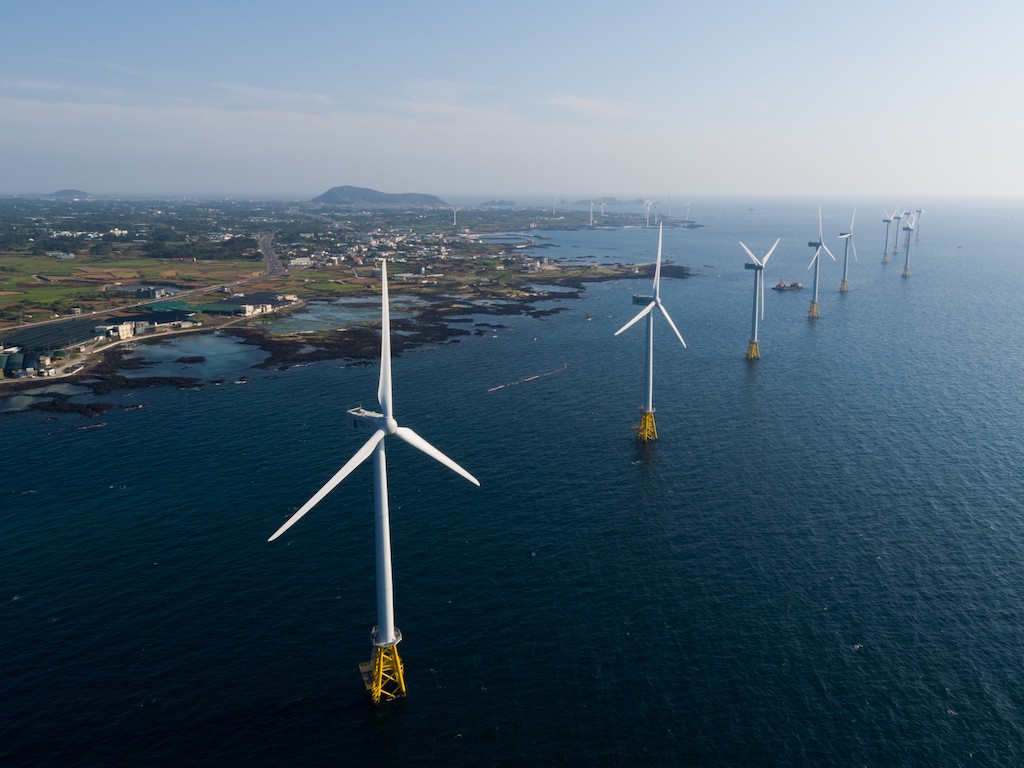4 Mins Read
The world spent more than US$500 billion on decarbonisation in 2020, according to new statistics. Released by BloombergNEF (BNEF), the report tracked global investment into the clean energy transition and found that decarbonisation spending jumped 9% year-on-year despite the economic fallout from the coronavirus pandemic.
A new report released by Bloomberg’s energy research arm BNEF shows that global spending on renewable energy, electric vehicles and other low-carbon energy technologies has reached a record-breaking US$501.3 billion for the year of 2020. The record investment to cut the world’s energy system’s reliance on emissions-hefty fossil fuels came despite the fact that the year was marred by global economic turmoil as a result of the pandemic.
The figure marked a broad 9% year-on-year increase from 2019, but the growth was uneven across regions, with some major economies indicating a decline in spending compared to the year before. While investment within the renewable energy sector surged by 52% in Europe, it dropped significantly in the U.S. and China by 20% and 12% respectively, for instance.
The coronavirus pandemic has held back progress on some projects, but overall investment in wind and solar has been robust and electric vehicle sales jumped more than expected.
Jon Moore, Chief Executive, BNEF
When tallied up globally, the renewable power category saw growth of 2%, owing to major expansion in solar power and offshore wind projects totalling US$50 billion. BNEF researchers noted that declining prices in clean energy was allowing developers to install more renewables than ever before.

“The coronavirus pandemic has held back progress on some projects, but overall investment in wind and solar has been robust and electric vehicle sales jumped more than expected,” said Jon Moore, chief executive of BNEF, in an interview with Bloomberg Green.
Moore added that the record year in low-carbon spending reflects the public pressure that governments and businesses are feeling to slash greenhouse gas emissions amid the rise in environmental and climate awareness throughout the pandemic-stricken year. The IEA, the global energy watchdog, has also said that clean energy has proven itself as the only source resilient to the Covid-19 energy crisis.
“Policy ambition is clearly rising as more countries and businesses commit to net-zero targets,” Moore explained.
Other major drivers of energy transition spending for 2020 include clean transportation, with Europe spending the most at US$64.7 billion, closely followed by China with US$45.3 billion. While Chinese investment into clean transportation is enormous for any single country, the report noted that its spending into the sector is the lowest since 2016, suggesting perhaps dampened political will on green policies despite the CCP’s public-facing ambitions to reach net-zero by 2060.
It’s very encouraging that investment is taking place at a high level, but it’s well short of what would be required to put the world on a path of 2 degrees of global warming.
Angus McCrone, Chief Editor, BNEF

Electric vehicle companies were another key component propelling the decarbonisation spending boom, with firms in the industry raising US$24.5 billion from equity markets in 2020, an eye-watering 15-fold jump from 2019. Perhaps the most well-known is Tesla, which saw its shares skyrocket to make its founder and CEO Elon Musk surpass Amazon’s Jeff Bezos as the richest man in the world.
But experts are clear that even with record spending in the clean energy transformation, that alone won’t be anywhere near enough to see the world stick to its carbon budget and achieve the Paris agreement goal of keeping temperatures to well below 2 degrees Celsius.
“It’s very encouraging that investment is taking place at a high level, but it’s well short of what would be required to put the world on a path of 2 degrees of global warming,” BNEF chief editor Angus McCrone told Bloomberg Green.
While one recent scientific paper details how current emissions already in the atmosphere has “committed” the world to at least 2 degrees of warming, another study says that even with fossil fuels completely eradicated, the Paris agreement goals are still out of reach. Both reports, however, say that further actions such as a mass transition to plant-based diets and putting net-zero goals at the heart of coronavirus rebuilding policies will be key to avoid catastrophic climate outcomes.
Lead image courtesy of U.S. Department of Energy.




